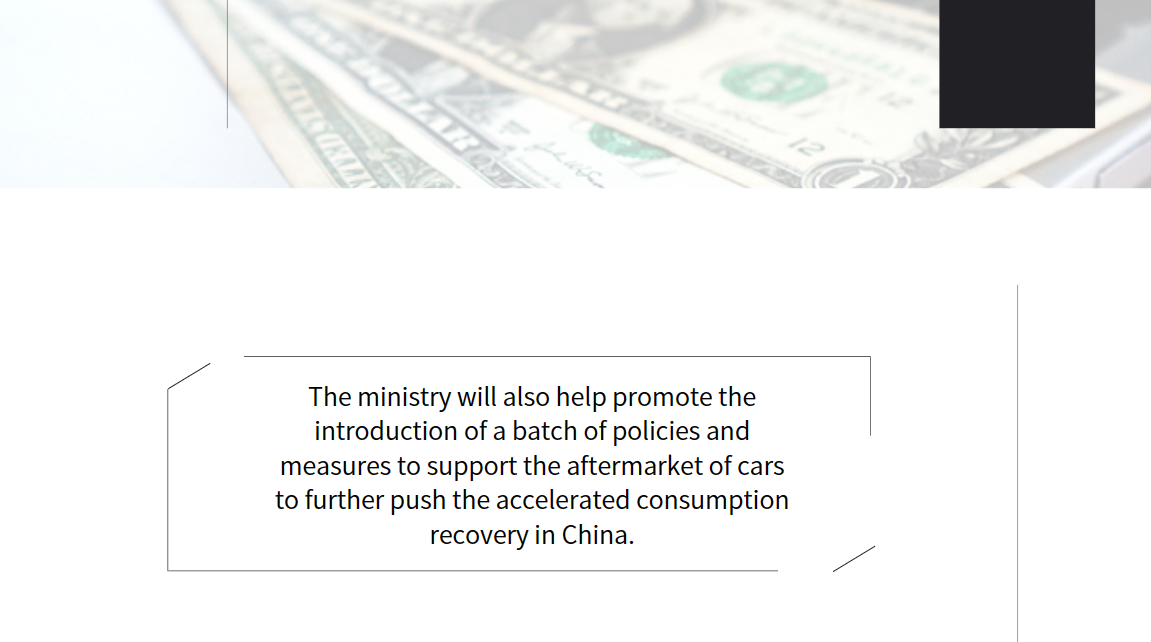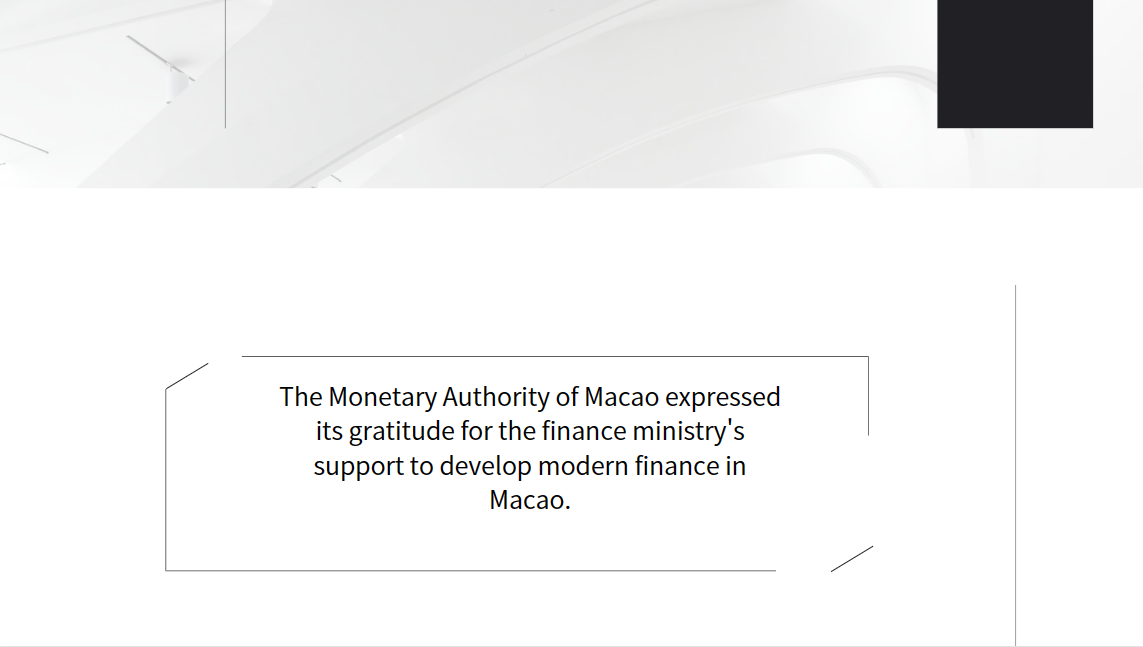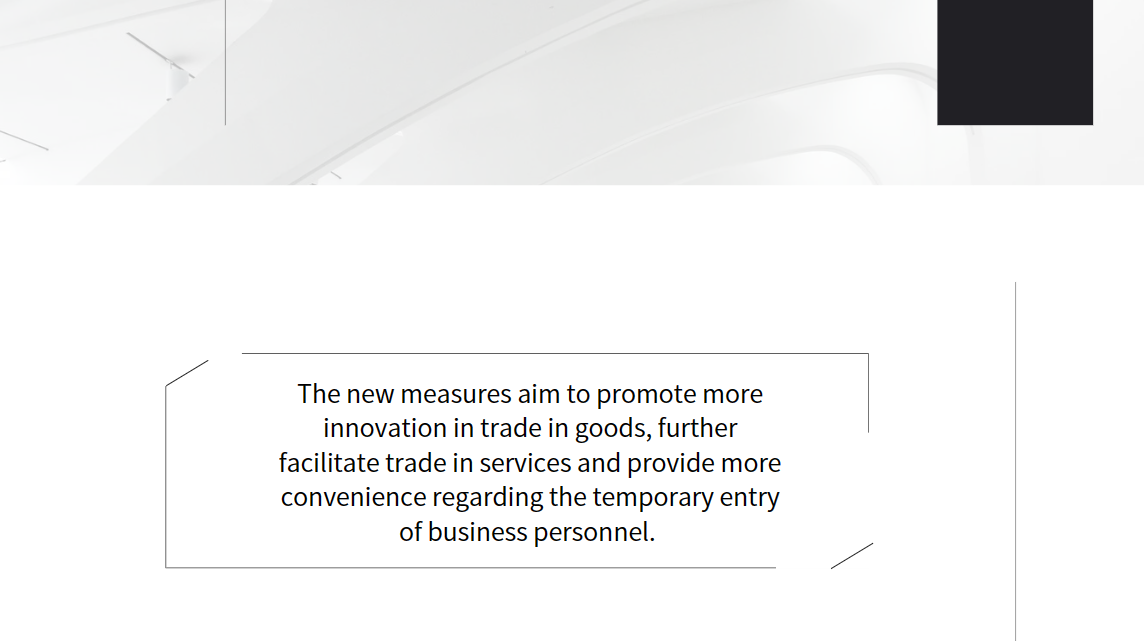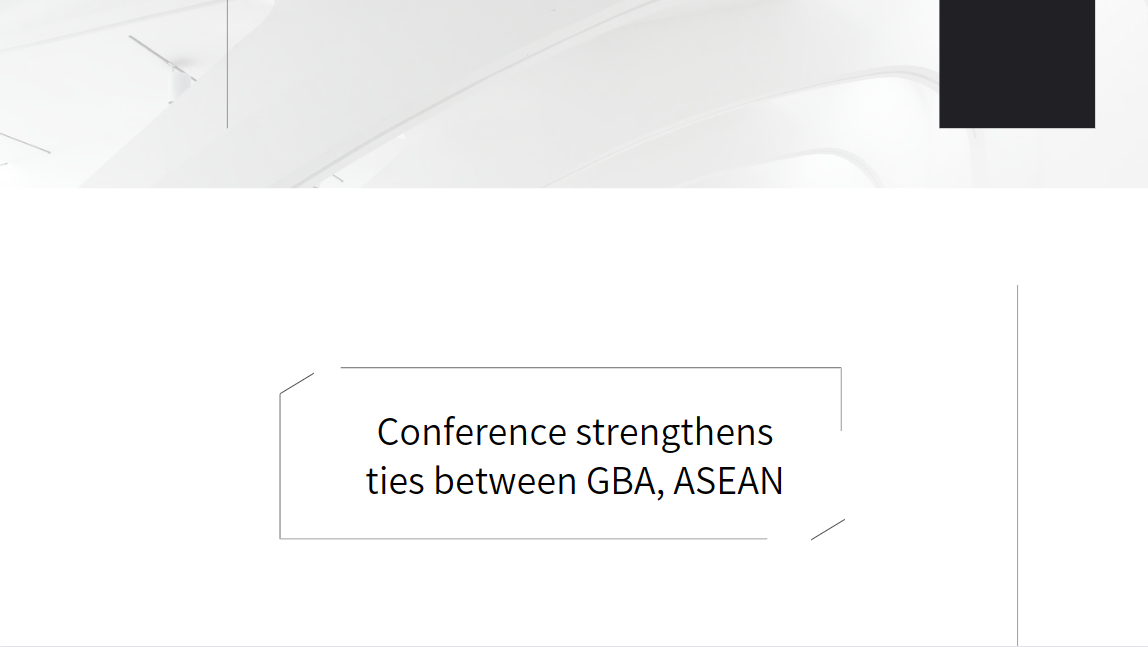Opportunity Knocks Private Equity Provides a Boost for Female and Small Business Owners
When Gisela Mudumbi Van Houcke moved from the UK back to the Democratic Republic of Congo in 2015, she thought being back on her home continent would mean better access to quality beauty products for Black women.
“I've never been more wrong in my life,” says Mudumbi Van Houcke, who worked as head of legal for a major solar company.
After extensive research on the beauty industry in Africa, she realized that most products were created by manufacturers who had little understanding of Black women's needs. She began to purchase better products during her travels, bringing back wigs and hair extensions for herself and her friends. The demand grew quickly, turning her hobby into a business: Zuri.
“We started a Facebook page and in less than a year we already had 150,000 followers,” Mudumbi Van Houcke says.
With customers calling from miles away, Mudumbi Van Houcke quickly discovered she needed more capital to keep up. She turned to a local bank, but the proposed financing was too small to support the business expansion.
“On a scale of 1 to 10, it’s probably a 20,” says Mudumbi Van Houcke of the usual funding difficulties that many DRC businesses similar in size face. “You want to start a business, but unfortunately banks are not the best to take that type of risk if there’s no collateral.”
Fortunately, Mudumbi Van Houcke was able to connect with XSML, a fund manager that invests in small and medium-sized enterprises (SMEs) in East and Central Africa. It provided financing and value-creation support, including networking opportunities and technical advice, to help Zuri handle customer demand and grow.
“We exceeded even the targets we had given them because of how patient they were with us,” Mudumbi Van Houcke says.
The missing middle
SMEs like Zuri, often called the “missing middle,” are critical to economic development, market sustainability, and job creation. But in emerging markets, they struggle to access the capital they need to scale. Combined with micro-businesses, SMEs in developing countries face a daunting $5.2 trillion financing gap. Business owners like Mudumbi Van Houcke encounter even more obstacles in low-income countries and those facing fragility and conflict-affected situations (FCS).
“If we can actually improve those SMEs so that they're more competitive, more productive and can grow faster, they will increase the number of employees they have,” says William Sonneborn, IFC's Global Director for Disruptive Technologies, Creative Industries and Funds. “And this allows these companies to be more competitive with businesses based in middle-income countries.”
In 2010, IFC launched the SME Ventures (SMEV) program to bridge the funding gap for SMEs in the world's lowest income countries. The program invests in SME-focused private equity funds operating in those markets. It also helps fund managers improve their operations to ensure risk capital is invested in a responsive and effective manner. The program also works with the World Bank and other stakeholders to build and strengthen private equity ecosystems in underdeveloped markets.
Since then, SMEV and the Blended Finance Facility of IDA’s Private Sector Window has committed $273 million to support SMEs by investing in funds in more than 40 countries. The program focuses on private equity funds dedicated to growing local SMEs, defined by IFC as companies with an annual revenue of $15 million or less, 300 employees or less, or a total asset portfolio of $15 million or less.
Amanda Cotterman, head of SMEV, says the program aims to demonstrate to future investors, including impact investors and family offices, that a financial return is possible in nascent capital markets.
“Investing in SMEs in IDA and FCS countries is a win-win for both investors and local economies,” Cotterman says. “As IFC is often the first investor in PE funds in these countries, we hope our investments will mobilize other investors eager to achieve both meaningful financial and impact returns.”
PE-Backed SMEs generate job growth
With access to private equity funding, some SMEs across low-income and fragile markets are realizing growth previously considered out of reach. In the case of Zuri, employment and franchise opportunities have created better-paying jobs for women across the DRC.
“Since we've been working with XSML, I think we've gone from 30 to soon 70, and hopefully by the end of the year, we're going to be at 100 employees,” Mudumbi Van Houcke says. “Seventy-five percent of our employees are women.”
In Ethiopia, the growth of the family-run ceramic tiles company Tabor Ceramic Products S.C. has led to more jobs along the supply chain – from extraction of materials to the distribution of the final product.
And in Nigeria, i-Fitness gym has expanded into other cities – and inspired a new sector in local talent development: personal trainers.
“Those are people who would have relocated abroad and exited the country like many young people are doing today,” says Yomi Jemibewon, co-founder and managing partner for CardinalStone Capital Advisers, which backed i-Fitness starting in 2019. “But they are now earning good money and feeding their families.”
Building up fund managers
With sometimes erratic fluctuations in currency, unstable governments, and challenging operating environments, investors have been slow to enter the SME space in low-income markets.
To reverse this trend, SMEV provides not only capital but technical support and training for emerging fund managers. That has helped to strengthen nascent private equity ecosystems and attract local investments in underdeveloped markets, such as the Kyrgyz Republic.
With an initial $8 million investment in 2018 from IFC, Highland Capital has been able to invest in sectors ranging from retail to media and health. “Many investors werent willing to take the risk, as we were the first fund in the country and we were first-time fund managers,” says Cholpon Jumashukurov, managing partner of Highland Capital. “Thanks to the SME Ventures program, we were able to launch the fund, as they were the first institutional investor.” '
For CardinalStone Capital Advisers’ partner Femi Ogunjimi, SMEV played a big role in navigating the learning curve that came with transitioning from being a principal investor to becoming a private equity investor. The program also provided funding, helping to close the fund manager’s first round. “The different trainings IFC put in place were very helpful for understanding the space better,” says Ogunjimi, referring to the ongoing technical assistance that SMEV provides to CardinalStone and their SMEs.
Like Jumashukurov and Ogunjimi, many fund managers say IFC's program is often the only lifeline they have amid challenging economic and political situations. “IFC was very generous in helping us start,” says Barthout van Slingelandt, the managing partner of XSML. “Without the start capital they provided, we would not exist, and none of the other investors would have been able to invest in our funds.”
Fund managers Berhane Demissie and Kassy Kebede credit SMEV with providing invaluable insight and opportunities not just in their home country, but across the continent.
“The one thing that I appreciate about IFC is their availability to pick up the call or email,” says Demissie, managing partner of Ethiopia-based Cepheus Growth Capital Partners that invested in the Tabor Ceramic Products S.C. “They really drill down and get engaged to see where they can add value in terms of capacity building, market expansion, and compliance with ESG (environmental, social and governance) standards."
Fund exiting and the future
For fund managers like Jumashukurov, hes not just invested in making a profit. He wants to show that 'Kyrgyzstan is a good investment for others. “Investors are not familiar with the country and region,” Jumashukurov says. “We carry the responsibility for the entire country because the IRR that will show in a couple years will impact the whole industry.”
So far the results have been positive. “Generally speaking, we have been much faster in exits than we (initially predicted),” Jumashukurov says.
As for Mudumbi Van Houcke and her business, Zuri, the benefits of private equity have continued to multiply.
“You have a big idea, an incredible idea, but you know you need someone to believe in the idea,” Mudumbi Van Houcke says. “One thing I can say about funds like XSML is that they give opportunities to Black women, to African women -- opportunities that are not often given to people like me. The growth of Zuri, with the help of XSML, is proof that a Black woman's business can work. You just need to give her a chance.”






















































First, please LoginComment After ~